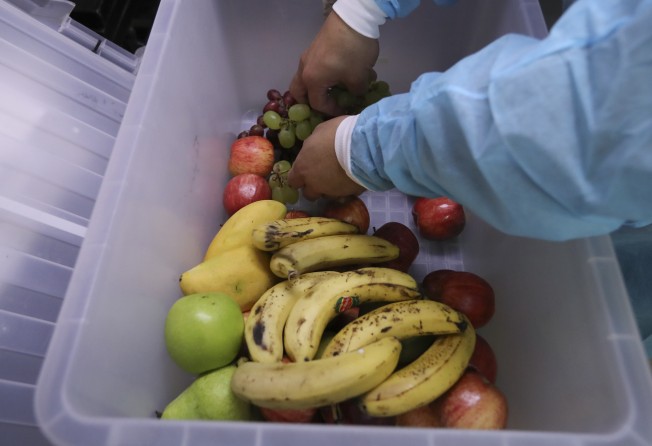Hong Kong 50 years behind developed world in recycling practices

It has been widely reported that Hong Kong is now recognised as having the world’s most wasteful population, and that we face a waste crisis. The city generates over 9,000 tonnes of municipal solid waste per day, of which a staggering third is food.
To put that into perspective, each person discards 182 chickens a year, or in rice, it is 18 family-sized 8kg bags. We are dumping the weight of three Boeing 747s into our landfills a year, in food alone. With our burgeoning affluence, we have lost respect for the value of food. So, how about charging restaurant customers twice, once for what they eat, and once for what they leave behind? An Environmental Protection Department officer could be assigned to every supermarket where, at the end of each day, what is being thrown out is weighed and taxed.
I’m not saying these are practical solutions, but solutions must be found.
What else are we throwing out? What about the famous Hong Kong disposable lunchbox, delivered to every office by the hundreds? Even India has tiffins of reusable steel. A block of flats, 40 storeys with eight flats per floor, is provided with a paltry three recycling bins. A receptacle for glass, the greenest of materials, is conspicuously absent.
Then there is a 50-cent levy on plastic bags. Why not make it HK$10? Who then will forget to bring a durable bag? Who then will take two bags so they can round off the dollar to avoid the coppers?
We need to ask why we are so wasteful; it defies explanation. I would wager that if you asked the average citizen, the average schoolchild, if they care about the environment, the answer would be an emphatic yes. And yet we take no action. We are 50 years behind the developed world in renewable energy and recycling practices.
The situation is nothing short of shameful. The time is overdue to demand more of ourselves, and of our government. We need to create a new precedent and lead by example, to educate and indoctrinate the new generation with values that include, first and foremost, an active interest in preserving the territory’s environment and resources.
Stephen Hughes, Peng Chau